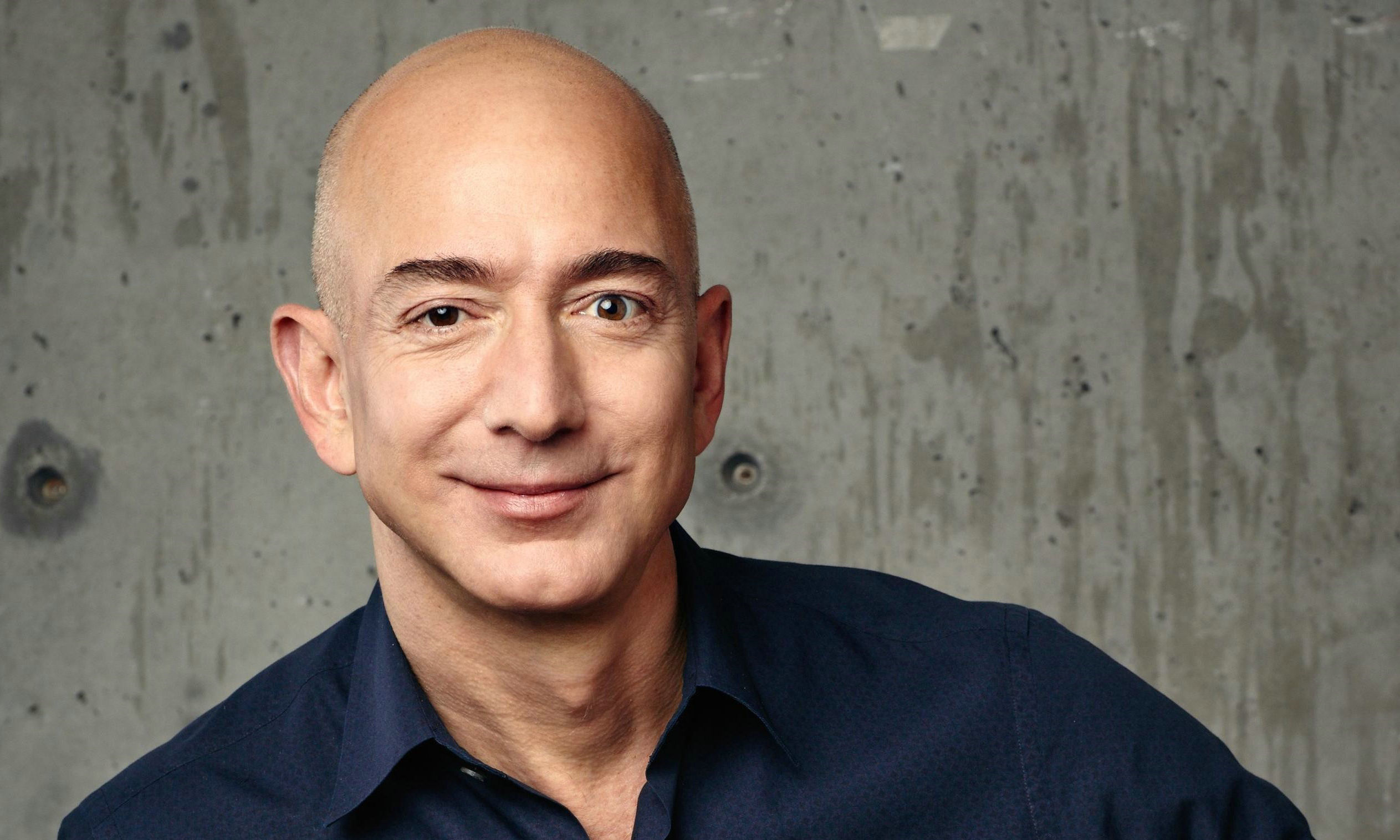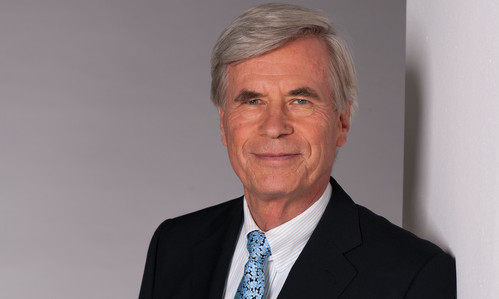Amidst the bustling retail landscape stands a name veiled in mystery, seldom seen in public yet architect of a global empire that touches the daily lives of millions. Dieter Schwarz, founder of German supermarket giants Lidl and Kaufland, embodies this paradox. This narrative lifts the veil on the billionaire, delving into his business acumen, life philosophy, and how he triumphs in the cutthroat retail battleground.

Origins: The Seed from a Small-Town Grocery
Rewind to 1930, in a modest German town in the southwest, where Josef Schwarz established an unassuming grocery store. Little did he know, this would sow the seeds of a future retail dynasty. Josef's honest dealings and superior service earned neighborhood trust, instilling in young Dieter a timeless truth: “Treat every customer sincerely, and they become your loyal friends.” This simple credo became the cornerstone of Dieter's commercial ethos.
Taking the baton from his father, Dieter sought not comfort but new horizons in retail. In 1977, partnering with Werner Ludwig, they birthed Lidl—a revolutionary concept: the discount supermarket. They simplified the supermarket model, focusing on a curated selection, leveraging bulk purchases and efficient supply chains to offer irresistible prices. Dieter’s belief, "true innovation lies in understanding consumer needs, not just providing," found its validation in Lidl's triumph.
Lidl's growth is remarkable. From its German roots to a global footprint, Lidl now surpasses 10,00 stores worldwide, breaking sales records annually. It’s a force in European retail, reshaping shopping habits, validating Dieter's market foresight and innovative model's efficacy.
Dieter's empire echoes his father's shadow. He inherits the principles of honest trade and elevates Josef's meticulousness in quality control, evident in Lidl's rigorous product standards. Dieter acknowledges, "my father taught me, quality is the soul of the brand." This commitment ensures satisfaction alongside affordability.
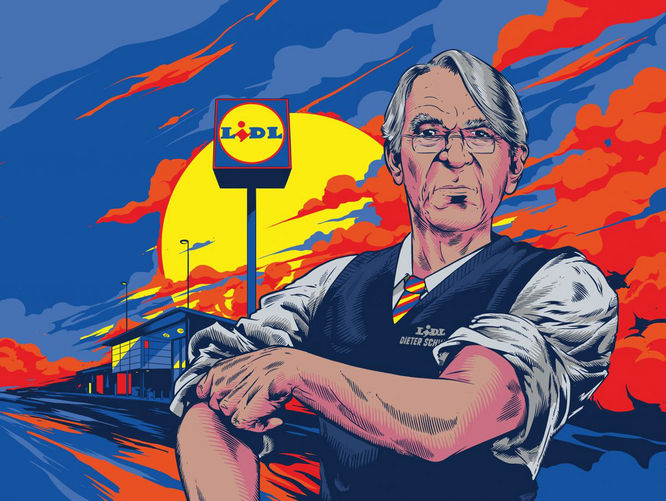
Navigating Turbulent Waters: Early Struggles
In1977, as Dieter Schwarz and Werner Ludwig launched Lidl, they confronted a saturated, fiercely competitive market dominated by large chains leaving minimal room for newcomers. "We navigated cautiously in tight spaces," Schwarz reminisces. Financial constraints, unstable supply chains, and low brand recognition posed challenges testing their resolve.
Schwarz refused to retreat, opting instead for a disruptive model. He believed, "to find blue oceans in red, you must stand out." Lidl focused on "less but better" products, curating SKUs, reducing inventory pressures while ensuring relevance. Direct manufacturer partnerships cut intermediaries, lowering costs, and pricing attracted bargain-conscious consumers, carving a niche.
Supply chains were crucial, and early fragility led to stockouts, hurting customer experience. Schwarz dove in, implementing advanced logistics systems and IT, ensuring transparency and efficiency. "Controlling the supply chain is mastering destiny," he said. Lidl emerged agile, poised to swiftly respond to market demands.
In retail warfare, employees are frontliners. Schwarz fostered a customer-centric culture, urging staff to treat patrons like family. Training programs enhanced service, coupled with above-average compensation and benefits, bolstered loyalty and enthusiasm. "Happy employees equal satisfied customers," he believed.
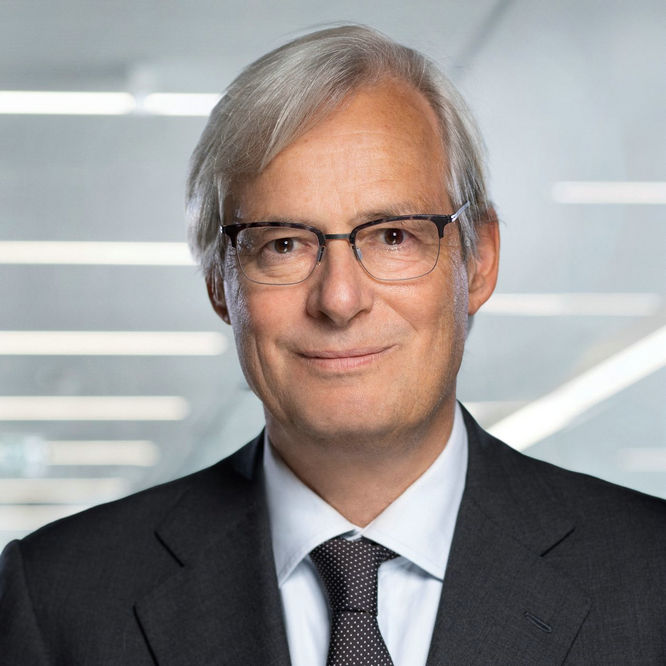
The Quiet Giant and His Retail Philosophy
"True power lies in anticipating and shaping the future, not following trends." — Dieter Schwarz. Renowned for his discretion, Schwarz's influence is anything but inconsequential. His avoidance of the limelight allows for a deeper, strategic focus, eschewing fleeting noise for lasting impact. His retail philosophy pivots on a central tenet: customer-centricity, offering quality products at affordable prices. By optimizing supply chains, curating merchandise, and minimizing operational costs, he ensures maximum value without compromising quality.
In 1977, Schwarz, along with Werner Ludwig, sparked a retail revolution with Lidl's inception. Far from accidental, Lidl was the result of Schwarz's meticulous planning. Observing a shift toward higher value-for-money experiences over luxury, Lidl's model—limited but carefully selected items, emphasizing private labels, and efficient supply chain management—offered low prices without sacrificing quality, standing apart in the market.
Lidl's success is more than anecdotal; Euromonitor data attests to its steady rise in Europe, particularly in Germany, where it ranks second only to Edeka. Behind this lies Schwarz's precise consumer trend insight and responsiveness. When Lidl entered the US market in 2017, initial hurdles were met with swift adjustments, such as increasing localization, showcasing adaptability.
As retail faces digital transformation, Schwarz's foresight resurfaces. Lidl and Kaufland's investments in e-commerce, digital payments, and data analytics embody his anticipation of changing shopping habits. "Technology is the engine driving retail's future; we can't wait for others to steer," he asserts. Their online platforms, smart apps, and seamless integration reflect a proactive stance on future retail trends.
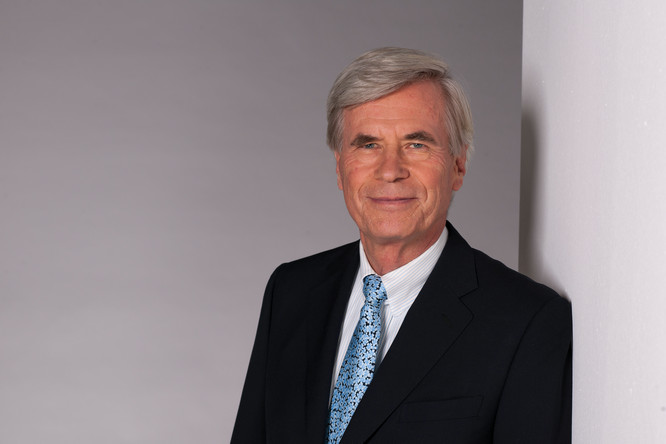
Silent Generosity: The Schwarz Foundation's Impact
"True wealth lies in creating value for others." —Dieter Schwarz. Unlike his high-profile retail success, Schwarz's charitable contributions, channeled through the Schwarz Stiftung Foundation, remain largely unknown. Supporting education, culture, and social projects, especially youth education, his dedication to the next generation is palpable. The Foundation operates efficiently, donating tens of millions annually, silently nurturing dreams.
"Education is the key to transforming fate; I aim to place that key in more hands." —Dieter Schwarz. Education forms the crux of his philanthropy. Understanding its power to break poverty cycles and drive societal progress, the Foundation backs educational initiatives from basic to higher education and vocational training, ensuring every child access to transformative education. Enhancements to facilities and innovative teaching methods further enrich education's practicality.
Culture holds a significant place in his philanthropic endeavors. Believing in culture's community cohesion, he sponsors exhibitions, concerts, cultural events, and even historical restoration projects, preserving and promoting cultural heritage and democratizing access to art.
His support for social welfare programs, particularly during the pandemic, underscores his comprehensive social responsibility. The Foundation swiftly provided emergency aid to affected families, ensured basic needs, and supported medical supplies, alleviating pressure on healthcare, exemplifying corporate citizenship during crisis.
Conclusion: The Enigmatic Influence
Dieter Schwarz's tale harmoniously blends wisdom, foresight, and quiet strength. On retail's competitive stage, he led Lidl and Kaufland globally, demonstrating in a fast-paced business world, thoughtful strategy and customer-centricity reign supreme. Though he remains enigmatic, his business empire and philanthropy serve as a testament to his impact, inspiring entrepreneurs to strive for profound societal value.
